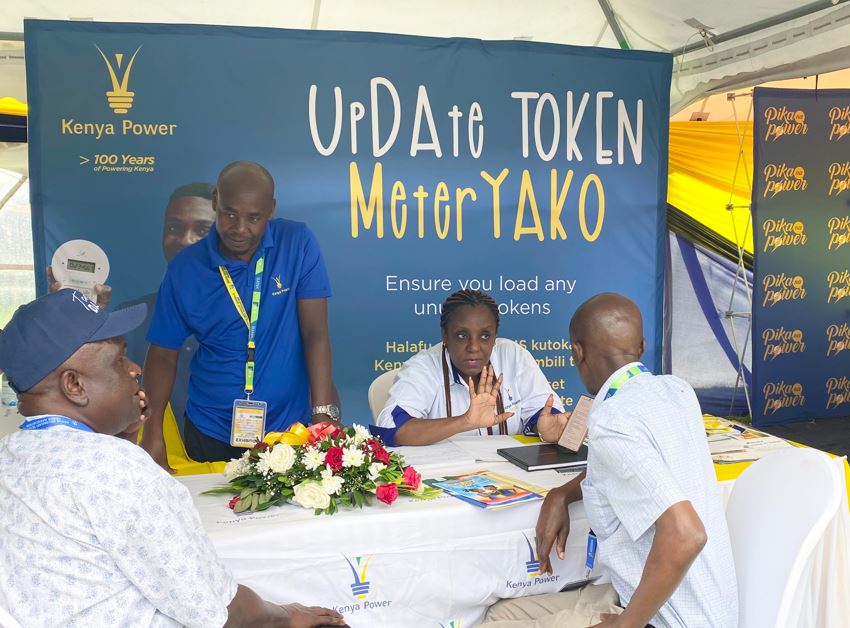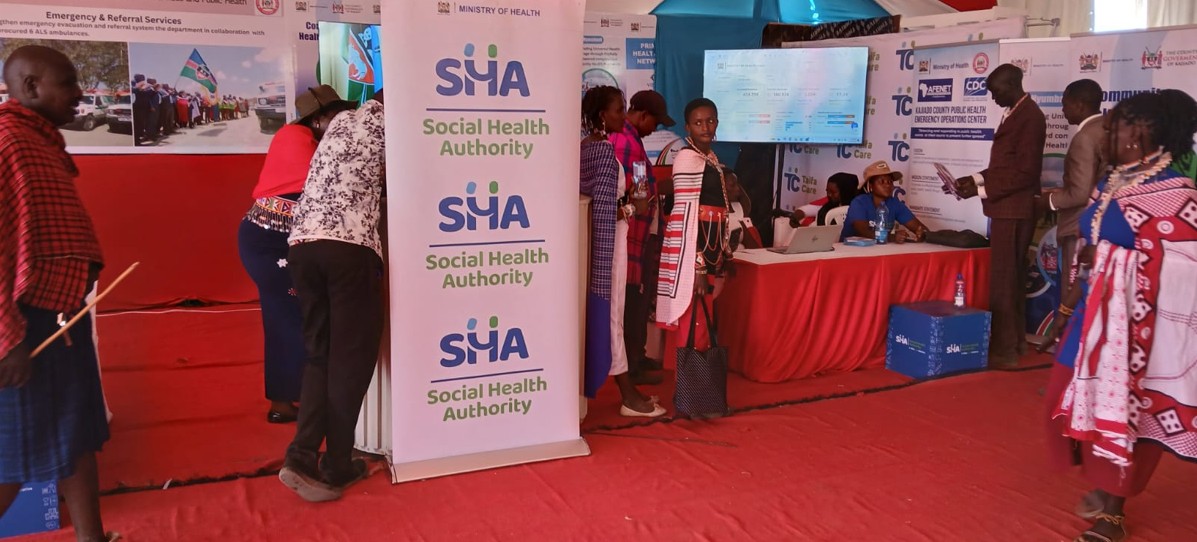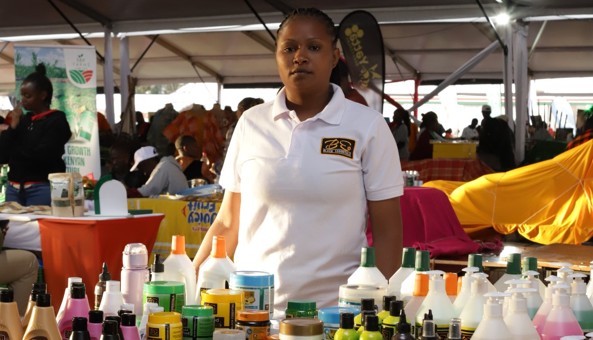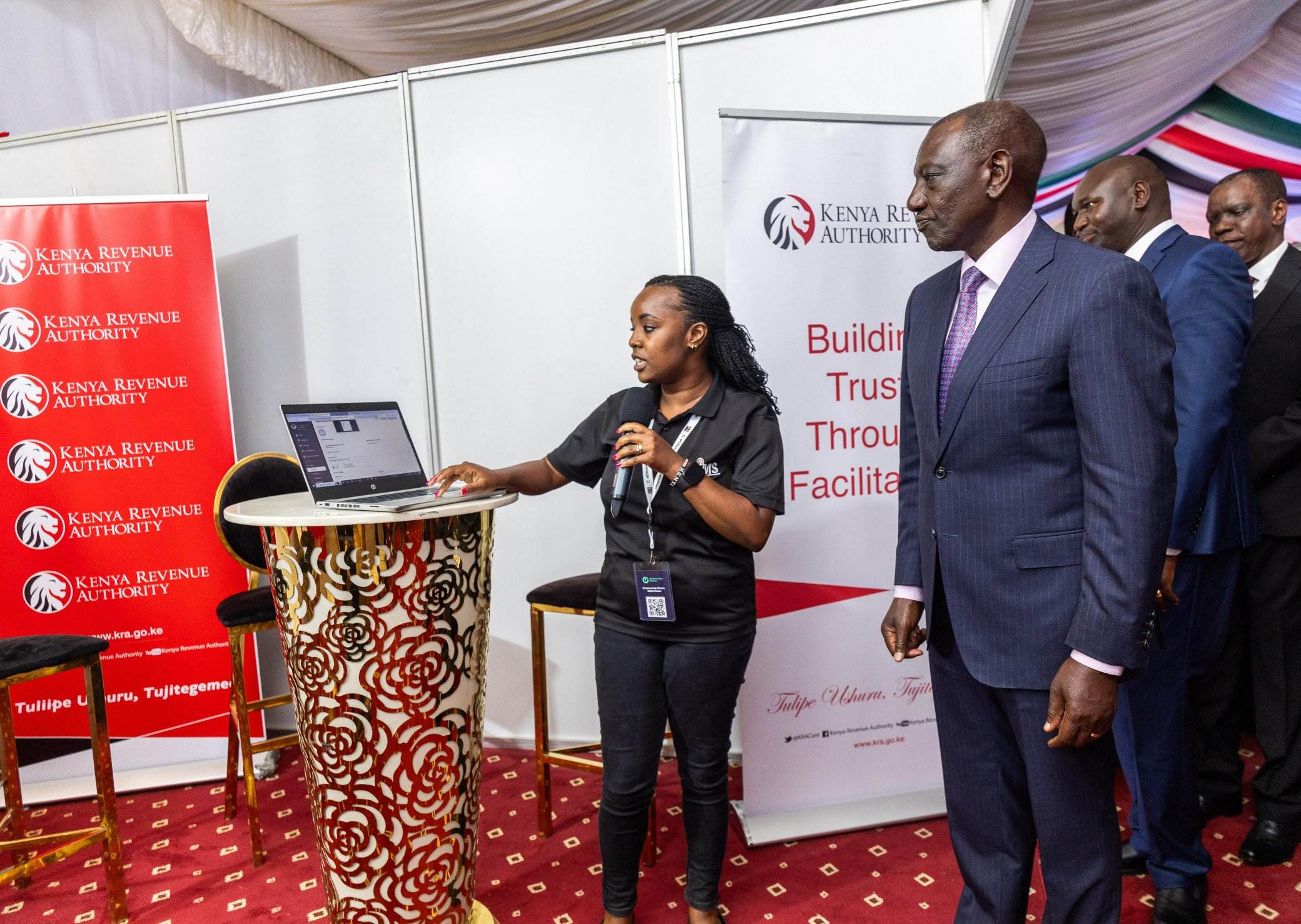Local dealers push to break Kenya Power's token meter monopoly

The Africa Smart Meter Association has raised concerns that Kenya Power's control over token meter tendering has hindered the growth of local manufacturers.
Electricity users in Kenya may soon have the option to purchase token meters from authorised dealerships, challenging Kenya Power's monopoly on the market.
The move aims to provide consumers with greater flexibility in connecting to the power grid without being limited to purchasing meters from the state-owned utility.
More To Read
- Understanding Kenya Power’s tariff categories and how they affect your token amount
- Kenyans pay more for electricity than Tanzania, Ethiopia - Parliamentary Budget Office
- MPs push for lower electricity prices in fresh bid to tackle rising power costs
- Kenya Power directed to submit reforms report as profit surges to Sh319 million
- Kenya Power cuts power sourcing from private producers amid concerns of malicious deals
- 4.2 million prepaid customers have updated their token metres - Kenya Power
The Africa Smart Meter Association has raised concerns that Kenya Power's control over token meter tendering has hindered the growth of local manufacturers.
Industry representatives argue that just as the e-Tims rollout has diversified the market, Kenya Power should establish standards and authorise select dealers to improve access for consumers.
During a recent Senate energy committee meeting on Tuesday, the association Secretary General James Ngomeli revealed that currently, less than 10 per cent of the smart meters used in Kenya are locally manufactured.
He pointed out that the situation favours assembly plants that import parts rather than fostering local manufacturing.
"However, we are confident that this figure could increase to 60 per cent if a compelling business case is established, similar to what has been achieved with laptop assembly plants," Ngomeli added.
Local manufacturers highlighted that the existing environment makes it nearly impossible to invest further in the sector.
"There is a major issue with the lack of approved manufacturing standards for smart meters by the Energy and Petroleum Regulatory Authority (EPRA), creating uncertainty for producers," Ngomeli added.
He pointed out that significant investments are required to assemble smart meters, but high interest rates make competition challenging.
A major concern raised was the absence of approved manufacturing standards for smart meters from the Energy and Petroleum Regulatory Authority (EPRA). This lack of clarity creates uncertainty for producers looking to enter the market.
Long-term agreements
Manufacturers are advocating for long-term framework agreements with major off-takers like Kenya Power to ensure a steady demand for locally produced smart meters.
Currently, Kenya Power acquires between 800,000 and 1 million meters annually to address the growing need for new customer connections and the expansion of the prepaid meter system.
Charles Kaloki, chairman of the association, underscored the importance of collaboration between universities, research institutions, and companies like Kenya Power to promote the use of locally produced components.
This collaboration could enhance the sustainability of the industry.
Nairobi Senator Edwin Sifuna inquired about the challenges local producers face in meeting Kenya Power's needs.
Kaloki responded by stressing that both the utility firm and EPRA have yet to establish localised standards tailored for local manufacturers.
"There is no reason why they can't authorise dealers and open up the space for more players," he argued.
Kaloki noted that by increasing local production of smart meters, the government and utility companies could significantly reduce reliance on imports.
This could lower costs associated with tariffs, shipping, and currency exchange rates by up to $100 million (approximately Sh12.9 billion), making smart meter deployment more affordable.
While there are currently four assembly plants operating in the country, the market remains highly competitive and somewhat secretive.
Intense competition for Kenya Power tenders leads many players to keep their business strategies confidential. This secrecy stifles collaboration and broader participation in the industry.
Despite these challenges, the association remains hopeful that opening up the market will lead to innovation and better opportunities for local manufacturers.
Top Stories Today












































